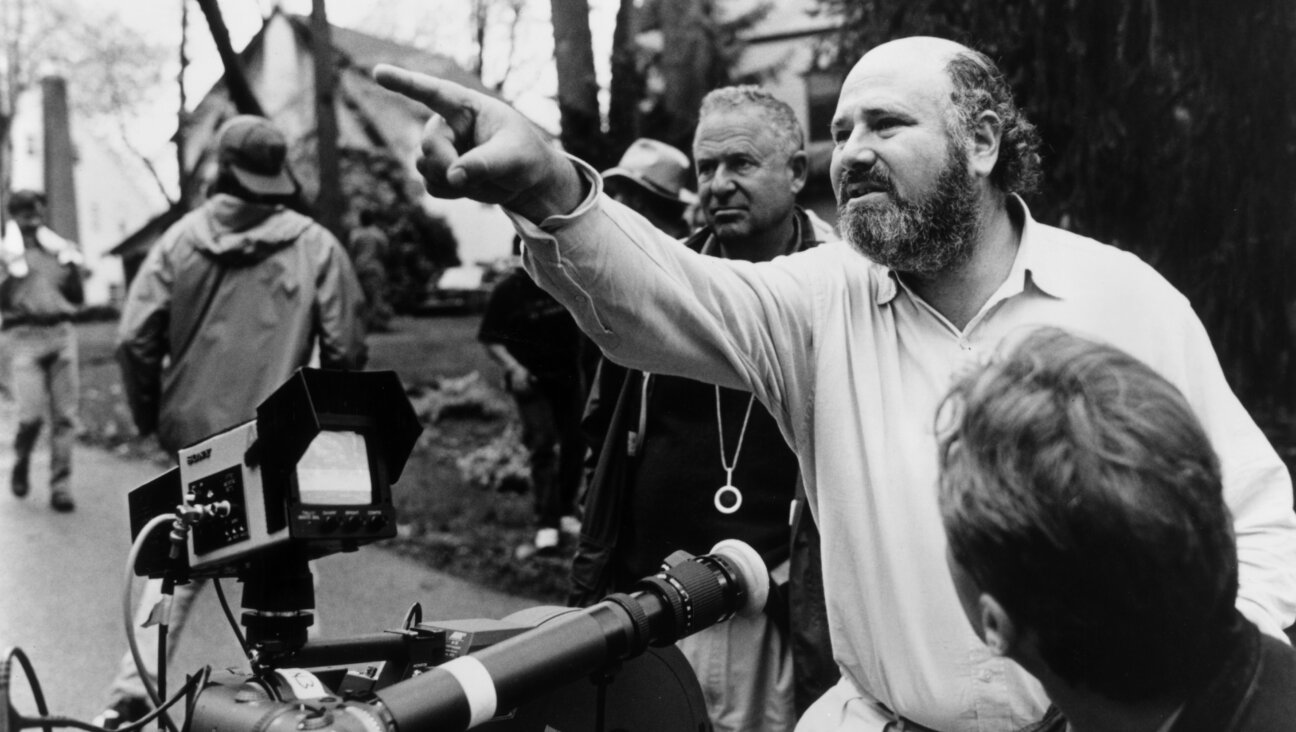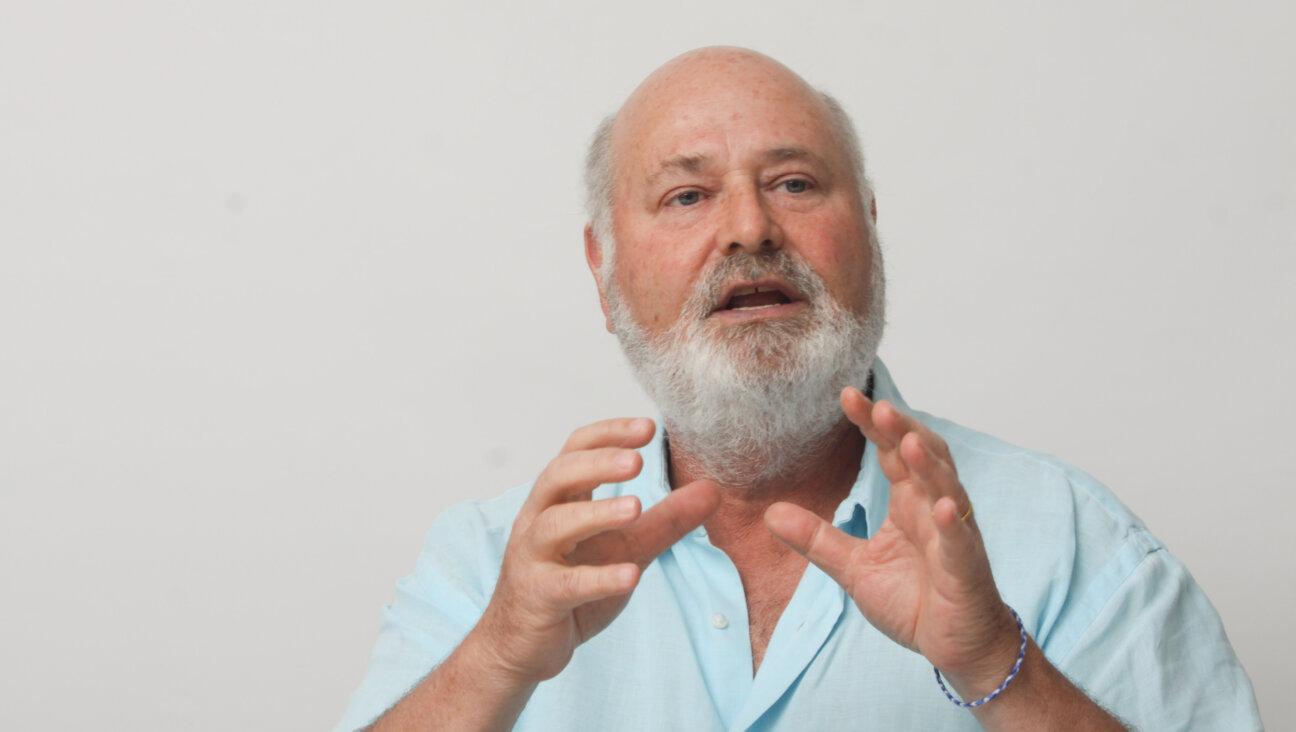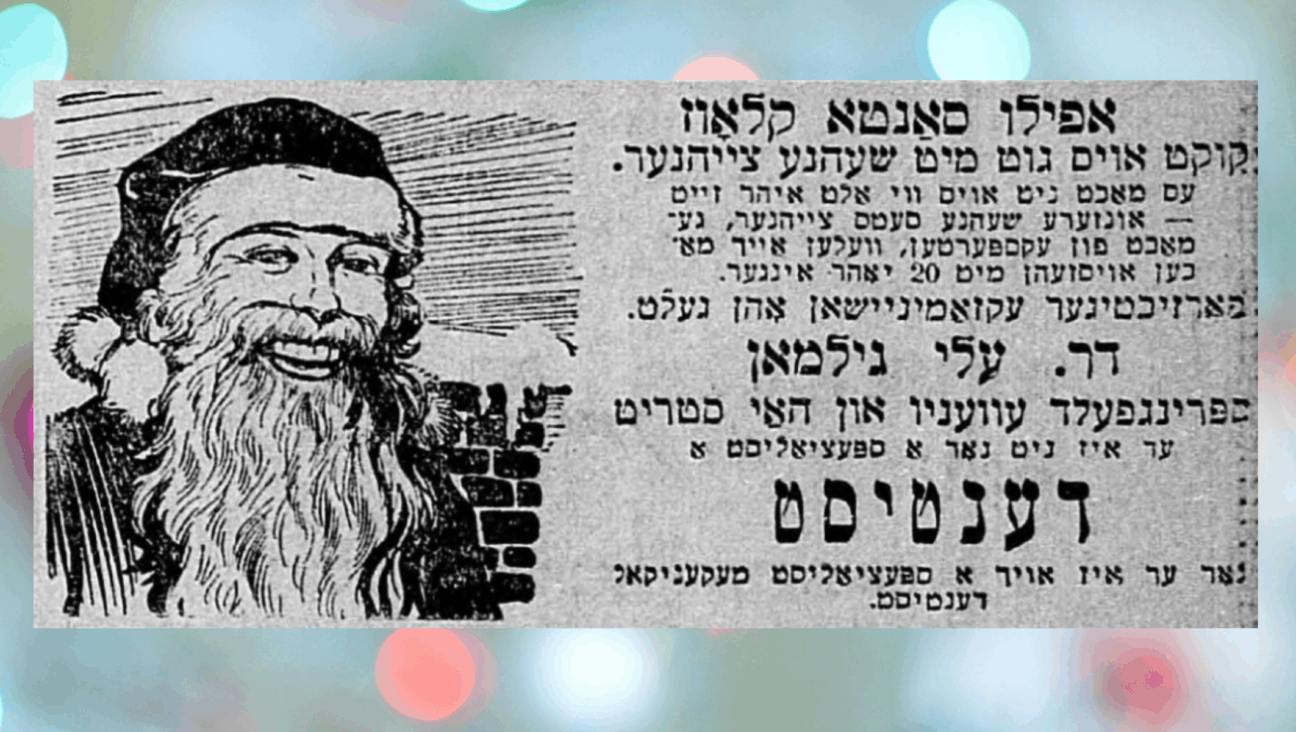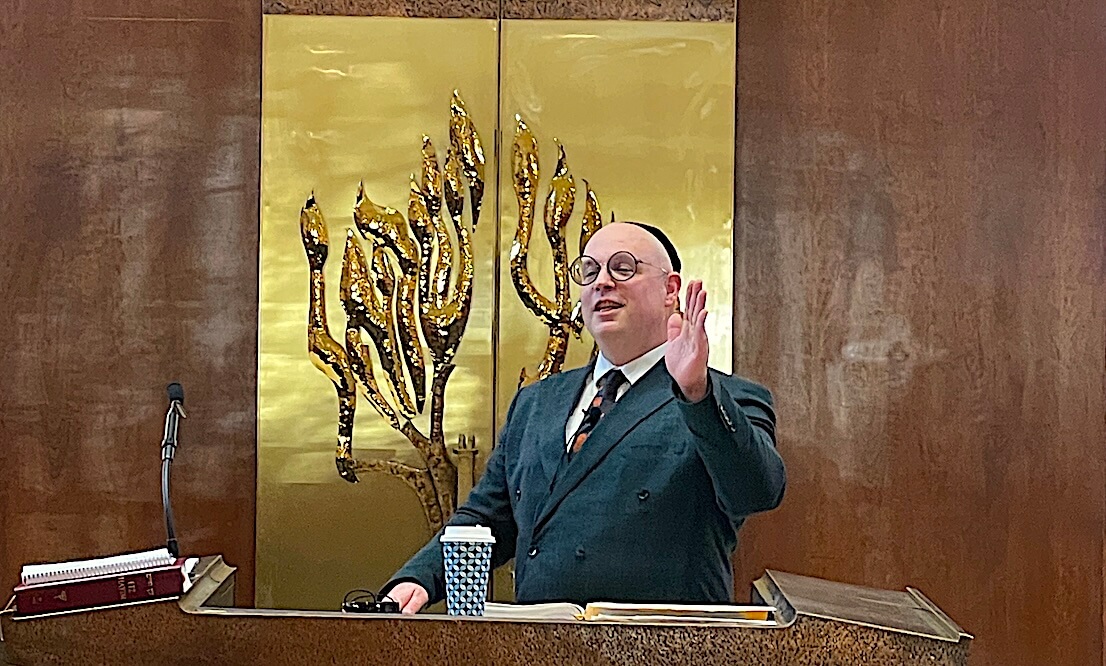Music From Her Own Mind
Look There: New and Selected Poems of Agi Mishol
Translated Lisa Katz
Graywolf Press, 112 pages, $14.00.
Agi Mishol is a major minor poet, the kind with whom, as John Crowe Ransom said, “the poetic object is elected by a free choice… and this object, deliberately elected and carefully worked up by the adult poet, becomes his microcosm.” In other words, she captures our imagination by observing her own. Israel is such a small country that non-Hebrew speakers seldom get to meet its “major-minors”; all attention is saved for the “major-majors” — outstanding poets who seem to speak for their age, their generation and so forth. But with “Look There,” Lisa Katz’s selection and translation of Mishol’s work, we have the chance to discover a mature and individual lyric poet who draws music mainly from her own consciousness. It’s good luck for us, and a little victory for Hebrew literature.
This is not to say that, in Israel, Mishol is at all obscure. She is highly respected and decorated, and her poems grab public attention — as happened when she published “Woman Martyr,” a poem about the 2002 bombing of the shuk in Jerusalem. Dan Miron, the doyen of Israeli literary criticism, has written that she is an evolving poet, an advancing and outstanding one, as opposed to those who seem to be “singing to themselves.”
In a way, though, Miron got it exactly backward: Despite Mishol’s high profile, the essence of her poetry, at least at its most successful, is in how it looks inward and exists for itself. Playfulness and imagination run through all of Mishol’s work. In one of her loveliest poems, “Papua New Guinea,” the speaker, lying in bed, begins, “I love to say Papua New Guinea./Otherwise I wouldn’t have come here.” She is the Jewish wife of a Portuguese ambassador named Antonio, who whispers Latin-lover-style, “Love me more than I love you,” as a portrait of the pope gazes down from the wall. The two-page poem has aspects of a dime novel, nursery rhymes, the acid introspection of Yona Wallach and pure dream. But it is not a hodgepodge or a put-on: It is the humor of a unique vision. “Look There” includes a selection from “The Dream Notebook,” prose poems that could have been written by a French surrealist.
Mishol’s individuality extends to her language, which incorporates everything from biblical quotations to military slang. One of her persistent quirks is to punctuate a poem, or end it, with a non-Hebrew phrase. This can still be seen in the English — for example in “Eros Pedagogitis,” in which the speaker, listening to a loved one read, imagines “flinging tiny lassoes/toward your lower lip/until the jewelry in my brain/chimes through my body/and I press my mouth/against your oxymoron lips.” Oksimoron, transliterated, is in the Hebrew original, standing out weirdly in its Greekness.
A sense of humor does not equal frivolity, and Mishol’s microcosm is basically an adult, serious place. Thanks to her strong sense of self, she can express loneliness and frustration without seeming self-pitying, and she has the rare gift of writing about her own body without turning into mush. One of the poems I missed in “Look There” is “Tsurat ha-Guf” (“The Shape of the Body”) from her 1991 collection “Yonat Faksimiliyah” — a poem that makes the body as alien as in an H.R. Giger painting, but full of fascination rather than terror. “The Swimmers” looks at the bodies of the young and the old, as they move outside their natural element, with detachment and irony but also deep sympathy. When Mishol describes the elderly ladies “flutter[ing] as though drowning in a larger sense,” it is hard not to think of Stevie Smith.
Mishol’s poem about the shuk massacre — about a woman terrorist who came from Bethlehem (Beyt Lehem) and detonated in a bakery (also a beyt lehem) — is not as tasteless as it sounds. As Katz explains in her introduction, the poem combines many ideas and has a serious purpose. But politics is not Mishol’s forte. It’s just that — like everyone else — she wants to say something when there isn’t really anything to say. Much more successful is “Pigeons,” which opens with “Pigeons are a pain in the ass.” It helps to know that the Hebrew word for “pigeon” also means “dove.” “Moment,” “Monday” and “Transistor Muezzin” also seem to be responses to Israel’s wretched situation, but they are completely lyrical, imaginative and introspective, and hence more effective.
Lisa Katz has translated with delicacy but also with vigor, so that the speaker sounds like a real woman speaking English, not translationese. Inadvertently, her introductory discussion reminds us that the special properties of Hebrew, often presented as near-magical, are overrated. For instance, the connection between rehem (womb) and rahamim (mercy) does not make Hebrew especially profound; you can play that game with any language. No etymology ever made a bad poem good. Mishol’s poems are good because of Mishol.
Isaac Meyers is a graduate student in classics at Harvard University. He lives in Cambridge.















